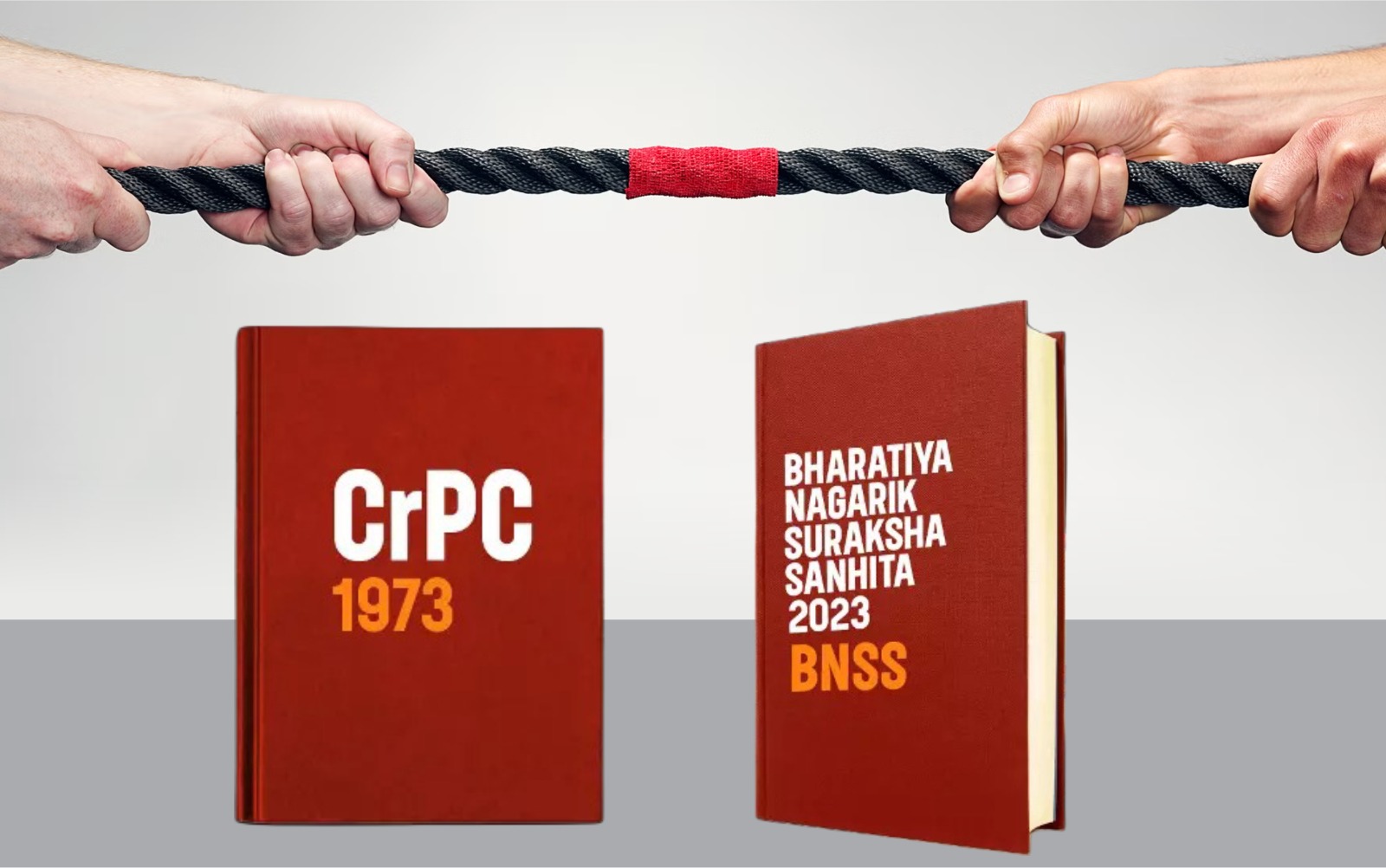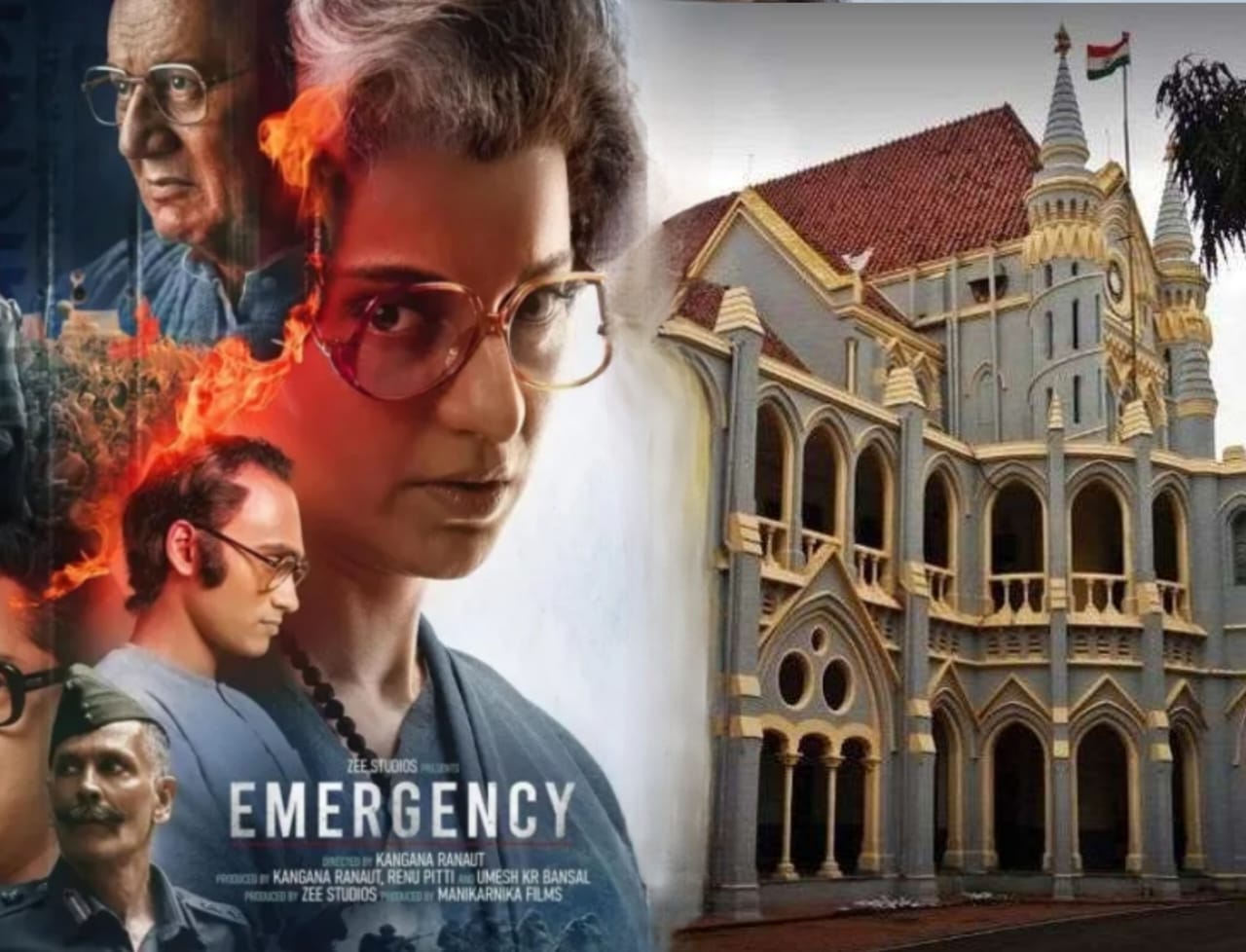BCI to Voice Concerns About New Criminal Laws to the Union Government: Calls for Restraint in Protests
The Bar Council of India (BCI) has taken a proactive stance in addressing the apprehensions raised by various bar associations regarding the recently introduced criminal laws. These new laws have sparked considerable debate and concern within the legal community. In response, the BCI has decided to engage directly with the Union Government to convey these concerns and seek clarifications or amendments where necessary
Supreme Court Overturns Bail Granted to PFI Members: Judicial Perspectives on National Security and Legal Procedure
In a recent landmark decision, the Supreme Court of India overturned the Madras High Court’s order granting bail to members of the Popular Front of India (PFI), who were accused of conspiring to commit terrorist acts, raising funds for terrorist activities, and recruiting members to further their extremist ideology. The Division Bench, consisting of Justices Bela M. Trivedi and Pankaj Mithal, concluded that the High Court had grossly erred in its assessment of the evidence and legal provisions under the Unlawful Activities (Prevention) Act (UAPA).
MP High Court Denies Protection to Interfaith Couple, Declares Hindu-Muslim Marriage Invalid Under Muslim Law Sarika Sen v. State of M.P., W.P. No.9589/2024, order dated 27-05-2024
The recent decision by the Madhya Pradesh High Court to refuse protection to an interfaith couple—a Muslim man and a Hindu woman—seeking to register their marriage under the Special Marriage Act, 1954, has sparked considerable debate.
In this case, the petitioners approached the High Court, seeking protection and permission to marry under the Special Marriage Act, 1954. They contended that the Act overrides personal laws, making their marriage valid without the need for religious conversion or other rituals. The respondents argued that the marriage was invalid under Islamic traditions and, hence, could not be recognized. Moreover, the respondents stated that the Special Marriage Act, 1954, cannot override Islamic traditions.
Notice under Arbitration Act mandatory For initiating Proceedings Under the Multi-State Cooperative Societies Act: Delhi High Court
The recent judgment by the Delhi High Court, presided over by Justice Dinesh Kumar Sharma, clarifies the interplay between the Multi-State Cooperative Societies Act, 2002 (MSCS Act) and the Arbitration and Conciliation Act, 1996 (Arbitration Act). The court harmoniously construed the aforesaid statutes and held that while the Central Registrar has exclusive authority to appoint an arbitrator under Section 84 of the MSCS Act, other procedural requirements of the Arbitration Act cannot be negated. Thus, requirements such as the mandate of sending a notice under Section 21 of the Arbitration Act remain applicable.
MPS ACCEPTING BRIBES FOR CASTING VOTES OR GIVING SPEECH IN THE PARLIAMENT CANNOT CLAIM IMMUNITY: SUPREME COURT
In a significant judgement delivered on March 4, 2024, the Supreme Court of India addressed the complex issue of whether Members of Parliament (MPs) enjoy immunity under Article 105(2) of the Constitution of India, which provides immunity to all members of Parliament from any proceedings in any court in respect of anything said or any vote given by them in Parliament or any committee thereof from prosecution for bribery.










